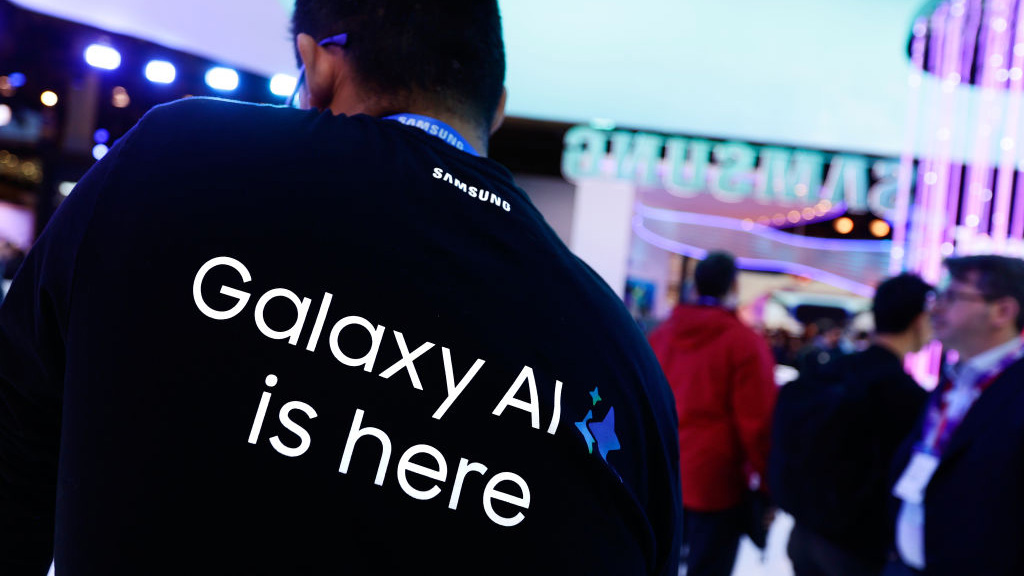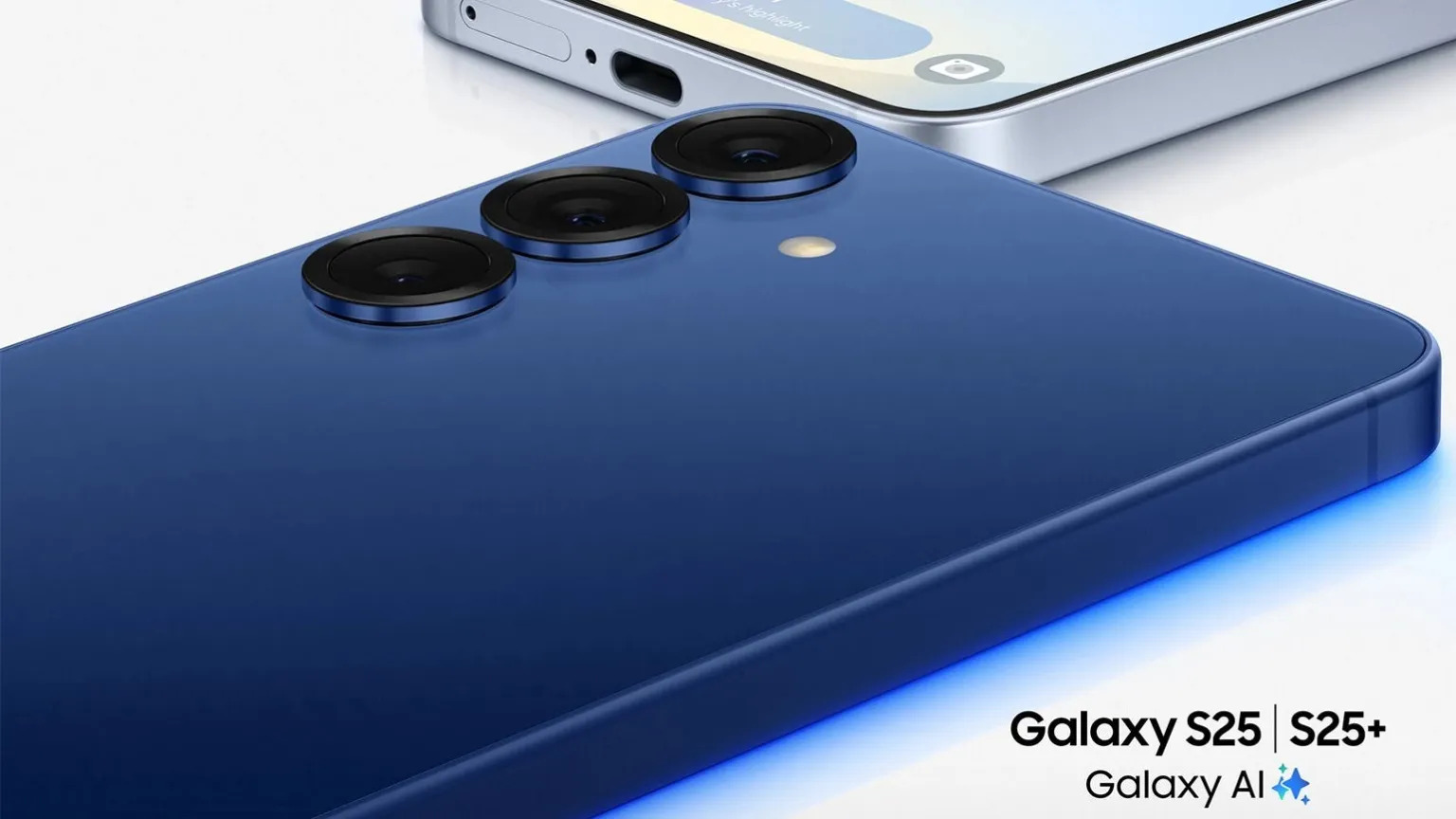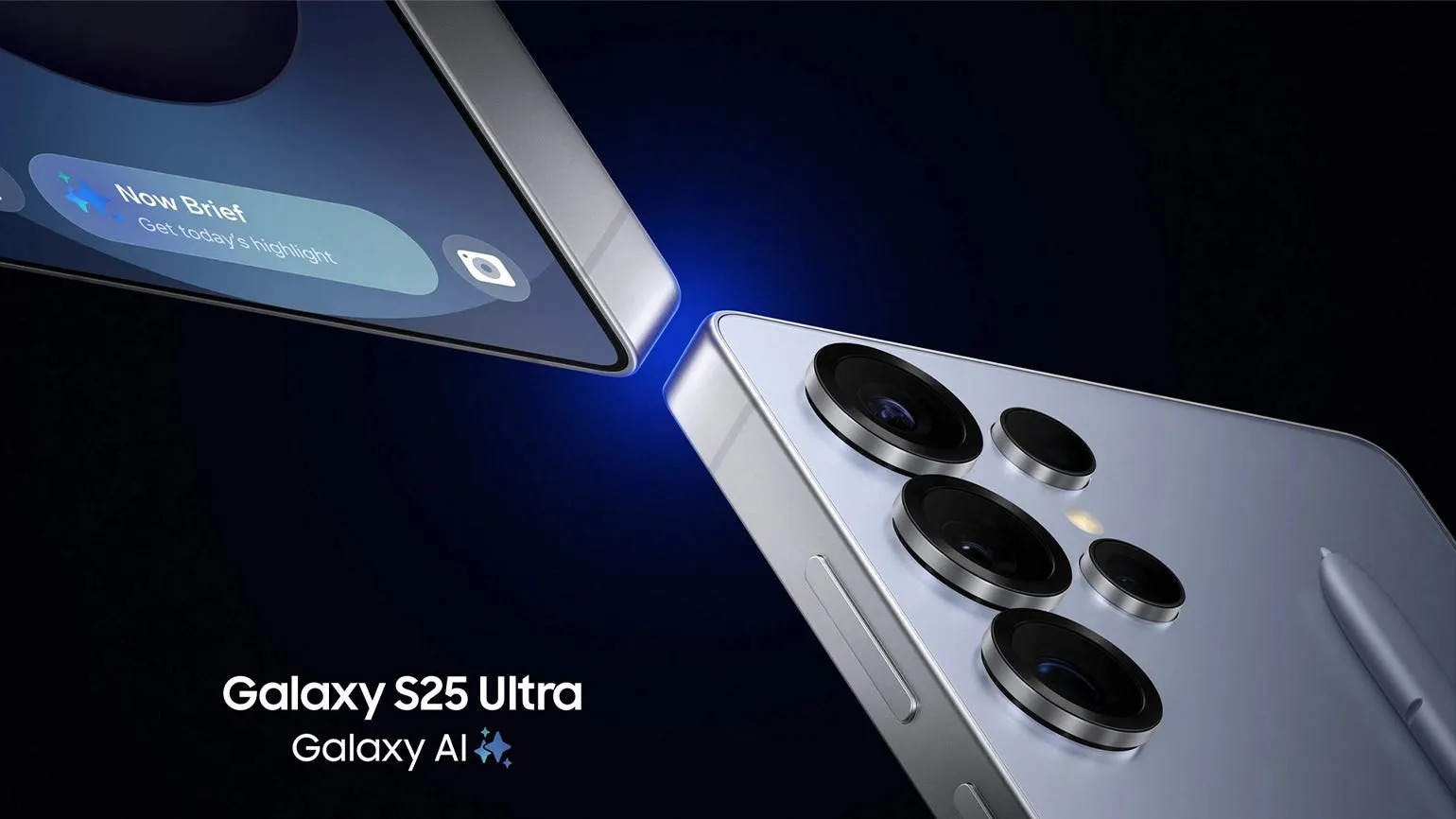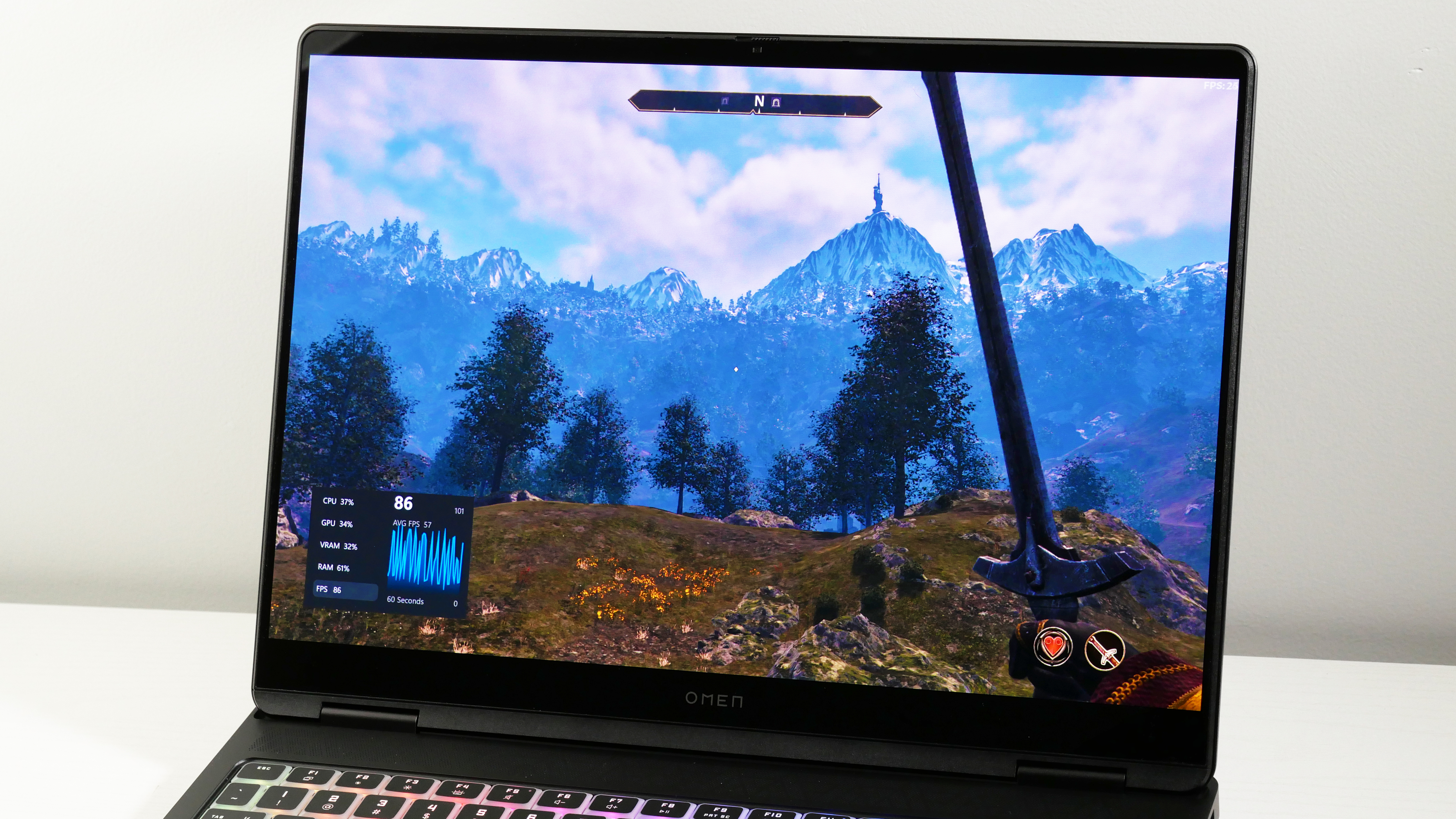The Samsung Galaxy S25 debut is the biggest test of AI phones yet
It's still too early to call a second-gen iteration a make-or-break moment, but it's clear the rest of the AI smartphone hopefuls will be looking to Samsung next week.

A new lineup of flagship Galaxy devices is right around the corner.
On Wednesday, January 22, Samsung will hold its annual January edition of Unpacked, where the tech giant has historically pulled back the curtain on its latest and greatest. This includes new iterations of its mainstay Galaxy phones, which about 1 in 5 smartphone owners worldwide have.
This year will likely be more jam-packed than usual, with rumored AR glasses and a new Galaxy ring on the agenda. And sure, a first-ever pair of smart glasses would steal the show, but Samsung's Galaxy phones may have stakes equally as big as a first-ever product category — and that has everything to do with (drum roll) ... AI.
The stakes for Galaxy AI
AI in phones isn't new. Samsung launched Galaxy AI last January, and both Google and Apple have their version of what an AI-centric phone can be.
But that fact — that AI phones aren't new — makes this year's launch even more critical.
Last year, Galaxy AI introduced an array of new features to the Galaxy lineup, including AI photo assist, live translation, Circle to Search, and more.
Whether people have fully embraced those AI features outside of Circle to Search remains up for debate, but one thing is sure: We expect Samsung to expound on Galaxy AI somehow.
Get The Snapshot, our free newsletter on the future of computing
Sign up to receive The Snapshot, a free special dispatch from Laptop Mag, in your inbox.
With any year-over-year software update, AI features aren't groundbreaking; they're a work in progress. That means Samsung's job will not be to create a fully realized AI device but merely to move the needle.
Sophomore slump?
Despite the focus on AI in phones, many of the applications for it — whether from Apple, Samsung, or Google — are fairly similar.
Image generation, photo editing, text writing, and email interpretation are just some of the uses of AI in phones.
Despite the nascency of AI in phones, there's a general playbook, and but it's too early to tell if that playbook is practical and changing user behavior. There's just not enough evidence yet. In fact, data show that the opposite may true.
According to a recent survey, both Samsung and Apple users have responded tepidly to AI features, with most people saying they find little to no value in using them.
The mild reaction to AI features in phones could be due to the newness of those features, or it might just be that the applications that titans like Samsung and Apple are currently offering don't feel compelling yet.
The onus is on Samsung to find out what does speak to people. According to recent reports, that answer might be AI agents.

According to a recent teaser video from Samsung, a new AI agent (or companion as the company bills it) in Galaxy AI could expand Galaxy AI's capabilities to help you do things like fill your calendar and make reservations. That might not be mind-blowing, but if AI agents are in fact on the agenda, then why stop there?
As long as you're giving AI the keys to pulling levers on your device, why not unleash an agent to do even more burdensome tasks like ordering you an Uber or maybe pulling a picture from your camera roll and posting it to Instagram?
Why not unleash an AI agent to read your calendar and then send a relevant email?
The point is: If Samsung is tasked with providing a real second-gen version of Galaxy AI and the response thus far has been tepid, we might see a lot more out of this year's update than you think.
Galaxy Quest
A new iteration of Galaxy AI will obviously be big for Galaxy phones, but it's not just Samsung in the spotlight, it's the entire idea of an AI smartphone.
With so much of the value of future smartphone experience being hinged on AI, Samsung, Apple, and Google will have to prove that their future is one worth buying into. And while generating emoji is fun and cute, I think most people's expectations are probably higher.

While lots of people love useful features like Circle to Search, generative AI on smartphones is still firmly first-gen, and as the awareness and hype around AI smartphones grows, so too will the expectations.
Whether Samsung is actually capable of rolling the ball forward in a way that feels substantive will be a major test of whether AI smartphones can deliver on their promise of a transformative UI.
It's still too early to call a second-gen iteration a make-or-break moment, but it's clear the rest of the AI smartphone hopefuls will be looking to Samsung next week.

James is Senior News Editor for Laptop Mag. He previously covered technology at Inverse and Input. He's written about everything from AI, to phones, and electric mobility and likes to make unlistenable rock music with GarageBand in his downtime. Outside of work, you can find him roving New York City on a never-ending quest to find the cheapest dive bar.

